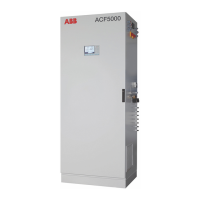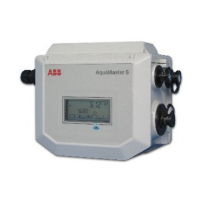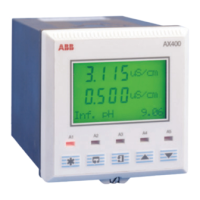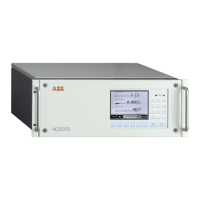42/24-10 EN Rev. 9 Chapter 8: Gas Analyzer Calibration 8-C-1
Section C Notes for Calibrating Analyzer Modules
Caldos25: Notes for Calibrating
Sample Components The Caldos25 analyzer module has at least one sample component with one
measurement range.
Associated Gas
Influence
The Caldos25 analyzer module measurement technique is based on the differing
thermal conductivity of various gases.
Since this technique is non-selective, the concentration of a sample component
can be accurately measured only in a binary or quasi-binary gas mixture.
If other associated gas components are present in the sample gas their effect on
factory calibration must be considered.
Test Gases Zero Calibration: Test gas or sample-component-free process gas or substitute
gas
Span Calibration: Test gas or process gas having a known sample gas concen-
tration or substitute gas
Test Gas for
Corrected Sample
Components
During calibration cross-sensitivity and/or carrier gas corrections by other meas-
urement components are switched off. Therefore, a corrected measurement com-
ponent should be calibrated only using a test gas consisting of the measurement
component and an inert gas like N
2
.
Calibration with
Substitute Gases
If test gases are not available for calibration, the Caldos25 analyzer module can
be factory-set for calibration with substitute gases (see the “Calibration Methods”
section, page 8-A-10).
Substitute gas calibration of the Caldos25 analyzer module is described using the
example of “CO
2
Measurement in Flue Gas”, on page 8-C-4.
Sequence of
Calibration
Zero point calibration must always precede end point calibration.
Wait Until End of
Warm-Up Phase
The Caldos25 analyzer module should only be calibrated after the warm-up
phase, i.e. approx. 2–4 hours after connecting the power supply.
The time required for the warm-up phase depends on the measurement range.
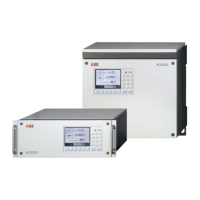
